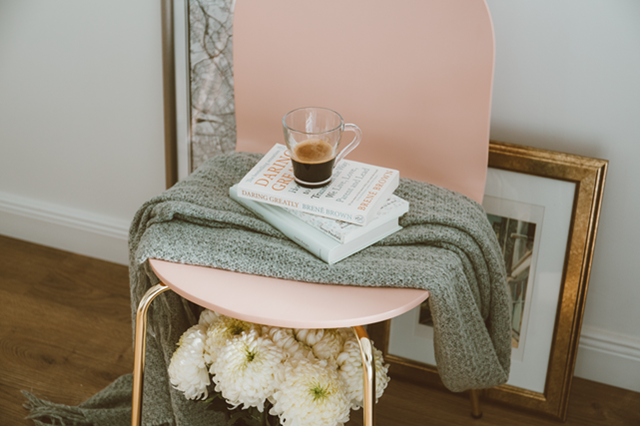
The wellness trend is certainly not going to go away. As part of the ever-expanding wellness industry, we know all too well how important it is to take active steps in looking after ourselves both physically and mentally. In fact, this is the very essence on which our industry is built.
What makes our industry so powerful is the skill and breadth of techniques that can be offered to restore mental and physical balance, rebuild self-confidence and support well being. Our privilege of human connection and physical touch draws a certain type of individual. With an inherently giving nature, these therapists frequently prioritize others over themselves. Even though this is the very essence of what makes therapists so good at what they do, this often leads to being ’missing in action’ as they disengage from the important connection of their work due to burn out. Sadly, some may even leave the industry. Quite simply, you cannot give what you don’t have.
When it comes to offering advice on taking time out for self-care, our profession is certainly on it. And yet, I frequently hear skin therapists say that they don’t have time to have treatments.
How can you reinvest in yourself?
Make time for your own self – care. We will look at two key areas:
Physical wellbeing
Occupational consciousness
Being a practicing skin or wellbeing therapist, you are aware of the impact of poor posture, repetitive movements or tasks and badly designed spaces. The first step in your self-care is to reassess your workspace and look at how you can make the space better for yourself. While you may not be able to make costly changes to a space, it is possible to address repositioning of trolleys or machines for better access and adjusting treatment bed and chair heights to reduce awkward or strained movements.
Get treatments yourself
Practicing what you preach is always a good starting point. Booking a regular treatment is another way that you can address your own skin and body health and wellbeing. There are additional benefits like being more in tune with the client experience, but the key is to recognize the value of receiving a treatment, which means you will likely be better at making time for them.
Headspace
Our mental wellness determines how we interact with people. With human interaction at the core of what we do it is vital for us, our clients, and our business that we take steps to redress shifts in our state of mind. A calm, positive experience and supportive environment are essential ingredients of a truly great service. Our clients need us to be in the right place when they come to see us.
We need to find antidotes to the demands made on us through our daily life in order to be able to provide outstanding treatments that have real wellbeing value.
Re-wilding
Need a bit of fresh air? “Re-wilding†is a trend that takes you outdoors to reconnect with nature. The Pinterest 100 2020 Report (determining trends based on what users are searching for) sees “Re-wilding†emerge as a huge trend. From nature travel to learning bush crafts, there has been a huge rise in seeking time outdoors. “Nature is the perfect antidote to digital fatigue, artificial lighting and sitting culture,†says the report. “Getting outside can lower stress and increase energyâ€.
Big holidays or camping trips aren’t the only way to enjoy the great outdoors. Going for a walk in the woods or on the beach, visiting local gardens or taking a more ambitious hike are all ways to be in the open with nature. The National Trust for Ireland has many options around the country to enjoy.
Mindfulness
Another practice that has grown in popularity is mindfulness. Described as paying attention to the present moment with intention and without judgement, mindfulness clears the psyche of the anxieties of past and future. Actively spending time in the present using mindfulness techniques has demonstrated many tangible benefits. According to studies mindfulness can boost your immune system which is useful in reducing work related illness. It has also been shown to improve concentration while reducing over thinking that can lead to increased stress and mental health concerns.
Using mindfulness can help you to regulate your emotions which can be extremely useful for the professional therapist. This technique is an effective strategy for maintaining a calm and positive outset. Being able to avoid bringing the frustrations of the previous day or client and limiting anxiety about future clients’ treatments to your current client’s treatment, will mean a much better experience for the client, and a better day for you.
Related articles
How Does Menopause Affect Your Skin?
Healing the Industry, the World and Ourselves
Controlling Aging Skin
stay in the know
Get special offers on the latest developments from Front.



